Two can play the game. That should sum up the politicking surrounding the disinvitation of Mallam Nasir el-Rufai, governor of Kaduna state, for the 2020 annual general conference of the Nigerian Bar Association (NBA) where he was to be a guest speaker. If he was “cancelled” simply because of the allegations that he does not obey court judgments, it would have been more manageable. But by throwing the highly sensitive and divisive southern Kaduna crisis into the mix, the campaigners poured fuel into fire. Inevitably, our fault lines were swiftly magnified. Muslim advocacy groups soon entered the fray and some northern lawyers announced they were pulling out of NBA.
If you can understand the southern Kaduna crisis, then you are in a good place to understand and resolve the Nigerian conundrum. There are about 60 ethnic groups in Kaduna state as a whole, with the Hausa/Fulani obviously the majority. The minorities are generally referred to as “Southern Kaduna” — which, politically speaking, is euphemism for “Christian Kaduna”. In geography and demography, however, there are Muslims in “Southern Kaduna” although we often equate it with “Christian Kaduna”. In fact, I have been told by many Kaduna Muslims to stop saying that southern Kaduna is “predominantly Christian”. Nonetheless, I see it more as an ethno-religious identity.
The difficult part, for me, is not whether southern Kaduna is predominantly Muslim or Christian. That will not tell the story. The complicated part is how to understand, much less explain, why Kaduna Muslims and Christians do not see eye to eye, why there is mutual hate and distrust, and why the perennial bloodshed is almost unrivalled in ethnic, religious and communal combustions in Nigeria, maybe in Africa. If you cannot understand the problem, how can you identify the solution? Life is full of a billion uncertainties, but it is almost certain that blood will keep flowing in Kaduna. Thousands have died. Orphans and widows and widowers of war are everywhere.
Since the Kafanchan riots of March 1987, I have lost count of the many minor and major clashes and killings in the state. The creation of chiefdoms by Gen Ibrahim Babangida after the Zangon Kataf disturbances of 1992 appeared to have brought some peace, but it was the kind of perfect peace you experience at the graveyard. It does not take as much as a matchstick to set the state on fire. The reaction after every round of riots and killings is always the same: Muslims queuing behind Muslims and Christians queuing behind Christians. The last thing anybody wants to know is what the issues are and who is at fault. We simply take sides along our biases. That’s the way it works.
Advertisement
The Kaduna killings are, ironically, not perpetrated by only one side. There are aggressors and victims on both sides of the divide. When one side suffers more casualties than the other, there is always a desire for reprisal to “even things up”. Life is so cheap that it seems killing competitions are being organised on a home-and-away format. My eternal philosophy is that every life is important: I value the life of every Muslim as I value the life of every Christian. Nobody should be killed or maimed, no matter their religion. But when “an eye for an eye” is the predominant philosophy of any society, the people will forever be blinded to tolerance, reconciliation and peace.
But how can we discuss tolerance, reconciliation and peace when we don’t even know what the problem is? What exactly is the fundamental issue in southern Kaduna? Is it that God created Kaduna Muslims and Christians specially and decreed that they should never live together in peace? That would be ahistorical. Before 1987, I never heard or read of any bloodbath between Muslims and Christians in the state, at least not since Nigeria gained independence in 1960. I admit that I might not have read enough of their history and that maybe events of centuries ago are coming back to shape their today. But to say they never lived together peacefully is not supported by history.
The Muslim/Christian animosity in the state is all the more befuddling when you consider that Gombe is almost a photocopy. The northern part of Gombe is predominantly Fulani and Muslim, while the south is where you find the Christians and about 10 ethnic groups. Just like in Kaduna, Gombe Christians have a senatorial zone to themselves. Just like in Kaduna (until 2019), the deputy governor slot is automatically reserved for Gombe Christians. But have you ever heard of any ethno-religious riots and killings in Gombe? Maybe there are tensions or rivalries, but whatever they are doing right in managing their differences is working and they should stay that course.
Advertisement
My elder sister lived in Kaduna city most of her life before her passing in September 2015. Sometime in 2005, after surviving many riots and killings, she called me to say she was moving to the “Christian” part of the city. I was shocked. She told me Kaduna city was now divided into two, like Lebanon. Christians and southern Muslims, she said, were living in one part, while northern Muslims were living in another. That way, she said, they all felt safe in their havens. This was some 15 years ago. And that was long before el-Rufai became governor. What we are dealing with in Kaduna, therefore, is not a recent development. We are dealing with deep-seated animosity and bitterness.
So, when el-Rufai is disinvited for a conference and a link is being made to the southern Kaduna crisis by the campaigners, that is a dangerous game. It re-opens a wound. It touches a raw nerve. Even those who are not el-Rufai’s fans will queue behind him. I was not surprised that the Muslim Rights Concern (MURIC) jumped headlong into the fray. MURIC is the Muslim version of the Christian Association of Nigeria (CAN) when it comes to whipping up divisive sentiments for political gain. The Jigawa branch of NBA also threw in their hat to support a fellow northerner. And now, some northern lawyers say they are forming a new NBA. In other words, two can play the game.
You don’t need to be an Albert Einstein to understand that the disinvitation of el-Rufai had little to do with the Kaduna crisis. The NBA itself did fact-finding in southern Kaduna three years ago and concluded that local politicians and “violence entrepreneurs” were behind the unending bloodbath. But as the 2023 presidential race draws nearer, and with el-Rufai believed to be eyeing either presidency or vice-presidency, the NBA somehow allowed itself to be used as a tool of demarketing. We are now witnessing the unintended consequences. Asiwaju Bola Tinubu and Vice-President Yemi Osinbajo, also thought to be presidential aspirants, are also facing demarketing campaigns.
In that case, the 2023 race promises to be awfully dirty. To be honest, I cannot be bothered about the civil war in the All Progressives Congress (APC). I am bothered rather if there will be a peaceful Nigeria before then. Our security agencies are evidently overwhelmed. We are battling with pockets of terror all over and the recent unemployment figures are not exactly exciting. So if what our political gladiators have to offer is blackmail and playing ethnic and religious cards, they need to ask themselves if there will still be a country for them to rule at the end of it all. If being president is really about serving Nigeria “with heart and might”, then the desperation and dirty tricks will be less.
Advertisement
I conclude. Indeed, two can play the game. But I suggest a different kind of game this time around: the game of peace and unity. Now that the el-Rufai disinvitation has pushed the southern Kaduna crisis to the agenda of broader national discourse, we have to take more than a passing interest. Those who don’t understand the issues should please seek the truth with open minds. What exactly is fuelling the crisis? Is it purely an identity issue? Is it security? Is it economic? Is it political? How do we engage around these issues with sincerity and sensitivity? If we do not have any solutions to proffer, we should at least not complicate things. And I say this to all sides in the conflict.
Ultimately, we need to get the southern Kaduna leaders, Muslim and Christian alike, to look inwards and ask themselves how long they want to be at daggers drawn. No Jupiter can bring peace to their communities until the leaders themselves decide that they have shed enough blood. We need to get them to bury the hatchet and allow the wounds to heal. In Jaba LGA, Fulani and Ham leaders have agreed to de-escalate tension. This is encouraging and has to be replicated in other communities. Any peace that needs to be enforced by soldiers is no peace. Peace is not enforced. Peace is embraced. Southern Kaduna badly needs more healing, more handshakes and less politics.
AND FOUR OTHER THINGS…
INVERTED CAMA
If the only thing you read is news, you would think CAMA means “Christian and Allied Matters Act”, although the law covers all religions. It allows tighter regulation of the activities of not-for-profit bodies (not just churches). We live in an era where the church founder is also the accountant, treasurer and auditor — and has final say on what they see as personal business empires. That some Christian leaders would oppose accountability and transparency under the guise of resisting “jihad” is unsurprising: many are conveniently serving God and mammon simultaneously. Nevertheless, they should find a civic way of engaging with the lawmakers over their misgivings. Practical.
Advertisement
PEN BASHERS
There was public outrage last week over the verbal assault on a journalist by Chief Femi Fani-Kayode, former aviation minister. He has been touring some states and pouring encomiums on the governors, and the journalist asked: “Who is bankrolling this?” Rather than answer the question with facts and figures, Fani-Kayode responded with raw insults and intimidation. I honestly do not blame him. The truth is that many politicians have no regard for Nigerian journalists, whatever the reason may be. They think our job is to massage their egos with patronising questions. I hope this will start a kind of revolution among Nigerian journalists. We are not meant to be bootlickers. Professionalism.
Advertisement
DEATH AT THE DOOR
The death sentence passed on Yahaya Sharif-Aminu, a singer in Kano state, by an upper Sharia court has generated enormous public interest, concern and criticism. He had been found guilty of blasphemy in a song he circulated via WhatsApp. Members of his sect have dissociated themselves from him. From the look of things, the politicians are determined to carry out the execution if his appeal fails. Dr Abdullahi Ganduje, the governor of Kano, says he will not waste a minute in signing the warrant of execution. Anybody who loves Sharif-Aminu should get him a damn good lawyer. Twitter campaigns and public opinion may not be enough to save his neck. Essential.
Advertisement
TERRORISTS IN OYO
Iba Gani Adams, the Aare Onakakanfo of Yorubaland, has raised the alarm that members of the Islamic State are now in the Oke-Ogun area of Oyo state. My immediate response was: we made so much progress in tackling and pushing back Boko Haram before the 2015 elections and even celebrated taking over ‘Camp Zero’ in 2016, so what went wrong? I have no doubts that some of what we call banditry, kidnappings and herdsmen attacks in several parts of the country are linked to the different factions of Boko Haram. What we used to see as a Borno/north-east problem is now threatening the whole country. Can we still retrace our steps in this war on terror? Deteriorating.
Advertisement
7 comments

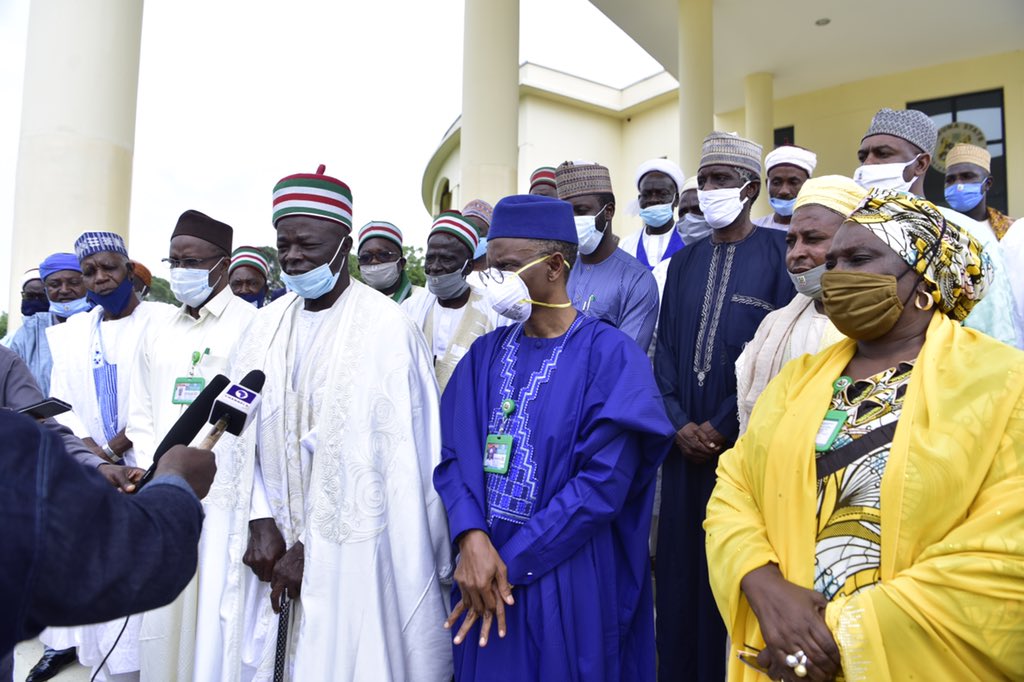
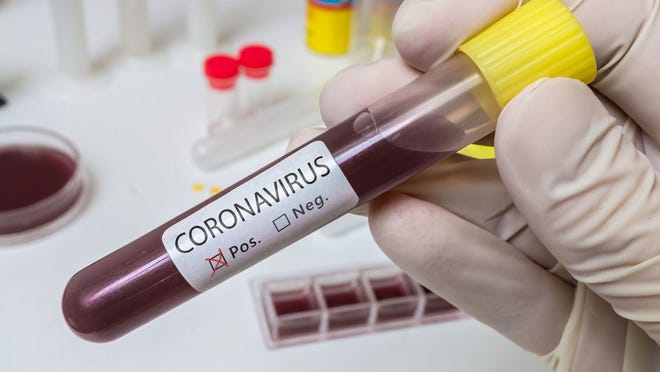

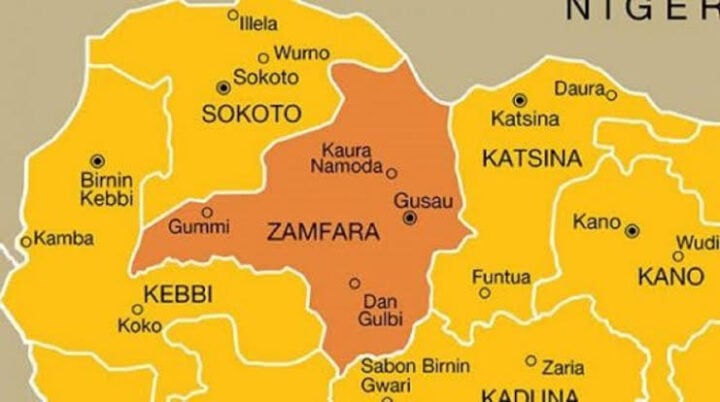
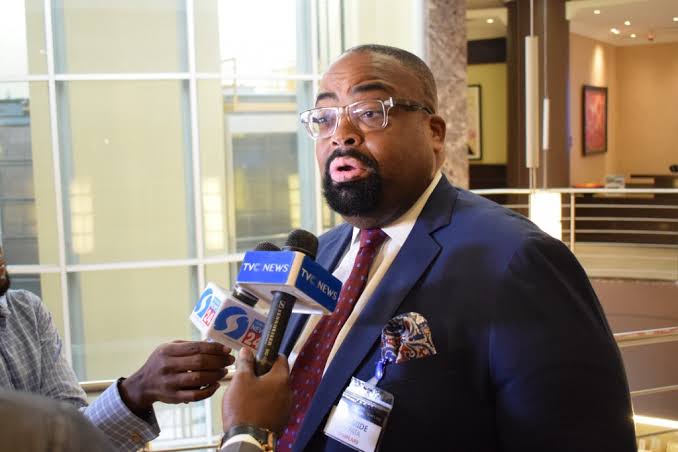
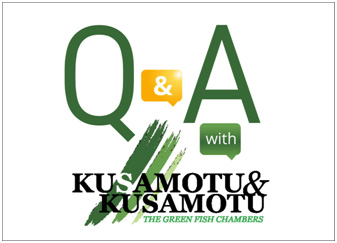
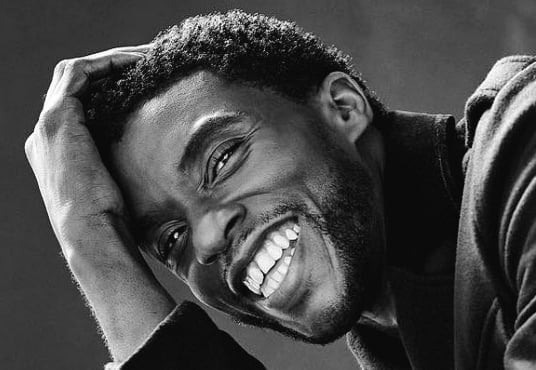
Nice article… Nigeria my dear country
Thanks for the information
Kolawole, the politics in Kaduna state is smarter than just stringing fancy words together and having liberal views.
Let me first start with El-Rufai’s disinvitation to NBA. If you’re honest as you think you are in your post, you know that ElRufai wasn’t just disinvited because of the insecurity and his poor handling of it in Southern Kaduna. He was disinvited basically for his his history of Contempt for the rule of law, witchhinting critics and journalists and disregard for human rights. Will you in sincerity and in truth tell me that no politician, even during the Millitary regime, had a more infamous history of arresting journalists and imprisoning them without trials as ElRufai,(Dadiyata, Kefas, Audu Maikori, Odinkalu, Danfulani etc etc). You can’t tell me you’ve forgotten so soon about the ‘body-bags’ comment. You can’t ignore the so many times that ElRufai treated court rulings with Contempt. This article just shows you for exactly who you are. On countless occasions, ElRufai instigated the sack of his critics (journalists and lecturers) from their jobs. How is it you chose to forget all these facts that even the most carefree Nigerians know about?
And about the issue in southern Kaduna, I honestly believe, and I’m not saying this to mar you, that you lack the expertise in carrying out research before writing as you claimed if not you would have known that the problem in Southern Kaduna is decades of years old, long before independence. And you should have also known that there is a sizable and significant Christian population in Northern Kaduna that the Hausas and Fulani group is doing everything possible to silence. You see, it’s not a black and white thing as you think. Southern Kaduna isn’t denying that there are Muslims in the South, all it’s trying to reiterate and hoping journalists like you understand is that the Hausa and Fulani population in Southern Kaduna are all settlers who migrated from the deeper north and from the Muslim north and ironically, the government is doing everything possible to see that those settlers have better opportunities even than the indigenes (read about Ladugga Settlement in Kachia LGA). How is it that if there are Hausa and Fulani casualties, the government hurriedly send out security and helicopters and aids but if indigenes are attacked, it keeps denying the veracity of the news? Why is the government bent of relinquishing all chiefdom systems in Southern Kaduna and subduing them under Emirates like in the old days? Kola, you see, this case is too complex for just being smart with words. You need to come and research your facts, read about the issues and the crises and bloodbath in Southern Kaduna as a result of the struggle for independent Chiefdoms, independent from the Emirate because we’re not Muslims but the government been trying to huddle us all together and now pushing for rights of settlers to claim southern Kaduna as their ancestral home but a southern Kaduna person or even a Christian can’t claim northern Kaduna.
While southern Kaduna is fighting a war to reclaim their homeland and traditions and culture, Northern Kaduna is fighting to dominate those indigenous tribes. It’s more nuanced issue than just being liberal. And you spoke about killings on both sides, while this might be true, but is a different kind of killing when some people defend themselves with machetes and Dane guns and catapults against terrorists that come with Ak47s and Hilux and all sort of sophisticated weapons. Don’t just stay in your room and tie words together that makes little or no sense.
Good points.
NBA has submitted themselves to be used by politicians. Perhaps they have forgotten how those politicians made the NLC powerless by inserting the method of ‘divide and rule’ into their midst. Unless the NBA handle this avoidable crisis with care, they should forget about being formidable again.
I’m afraid that this isn’t one of your best researched pieces especially since I live here in Kaduna. And over the past four years more of the cases of harassment which El Rufai has been accused of have been against Lawyers and journalists alike. The Southern Kaduna crises is NOT the primary reason El Rufai’s invitation was withdrawn, if the state Government has succeeded in making it seem that way, I expect a columnist like you who has educated us on a lot of Nigerian issues, not to be swept by this whitewashing of the matter. Do better.
True